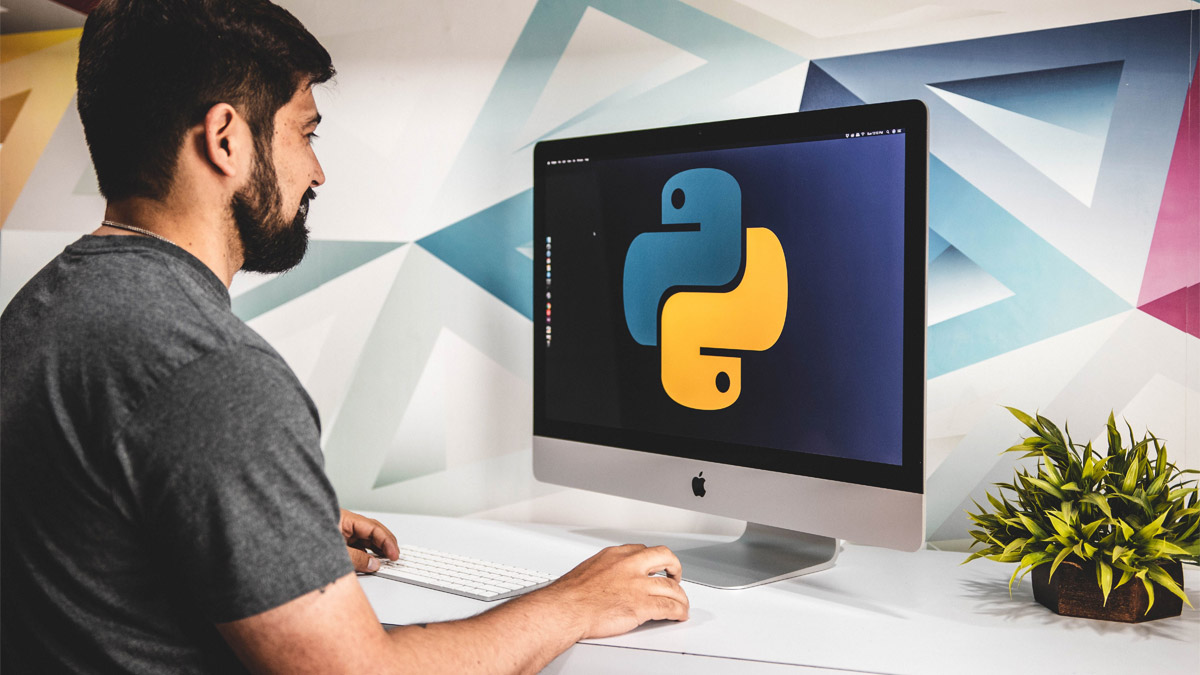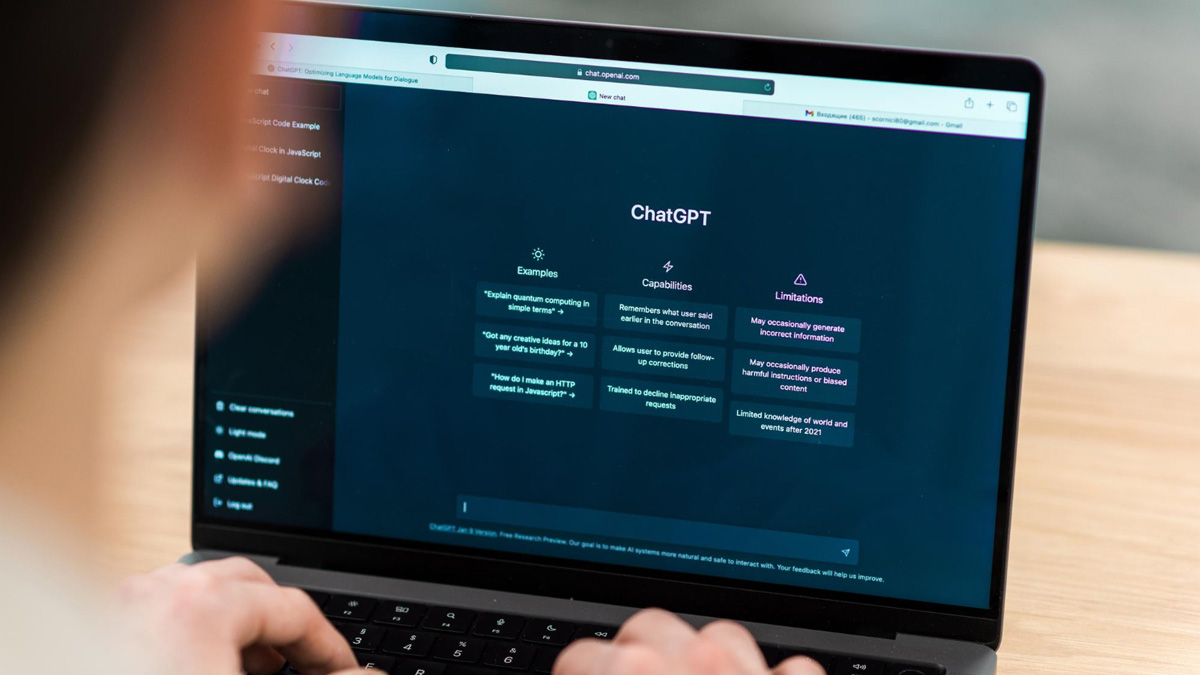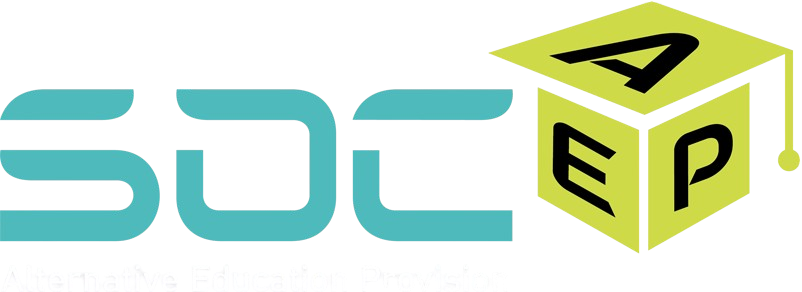How to Start Learning Python in 2026?
If you’re wondering how to begin learning Python in 2026, you’re not alone. With AI, automation, and data science dominating the digital industry, Python has established itself as the preferred language for both beginners and experts. Whether you’re a student, a career changer, or an entrepreneur, learning Python is one of the best investments you can make right now.
But with hundreds of courses, seminars, and resources available online, where do you begin?
This guide breaks everything down. We’ll walk you through the exact steps to begin learning Python in 2026, highlighting what has changed, what is vital, and how to avoid frequent pitfalls. Prepare for practical suggestions, expert advice, frequently asked questions, and insider insights that will help you use Python to launch a future-proof tech career.
Why Learning Python in 2026 Is a Game-Changer
- Over 85% of data science, AI, and machine learning tools are created in Python (Statista, 2024).
- Python is regarded as the #1 most popular programming language globally (TIOBE Index, January 2025).
- Python is widely used by tech titans such as Google, Meta, and Tesla.
- Thousands of UK jobs feature Python as a needed ability, with salaries starting at £35,000+.
Python is your starting point if you want to get a job, start a freelance career, prepare for education, or simply improve your digital abilities.
Step-by-Step Guide: How to Learn Python in 2026
1. Set Your Purpose First
Why would you want to learn Python?
Do you want to create websites, explore AI, automate chores, or crunch data? Your “why” will guide what and how you learn.
Pro Tip: If you’re unsure, start with general-purpose Python. It’s beginner-friendly and applicable to almost any field.
2. Choose Beginner-Friendly Platforms
Gone are the days of dry textbooks. In 2026, interactive learning is king. Here are the best places to start:
Platform |
SOC Learning |
Codecademy |
Replit |
FreeCodeCamp |
W3Schools |
What It Offers |
Beginner to advanced Python training, live projects |
Interactive, guided Python lessons |
Browser-based coding with instant results |
Hands-on projects and certification |
Easy-to-read syntax and examples |
Best For |
School students & adult learners |
Absolute beginners |
No setup required |
Budget-conscious learners |
Quick concept reference |
Learning Python Tip: Stick to one main resource at a time to avoid confusion. Master the basics first.
3. Learn the Fundamentals (and Don't Skip This!)
- Before you get into AI or app development, you must lay a solid foundation.
- Key Python Fundamentals to Learn First:
- Syntax and indentation
- Variables and Data types
- Control structures (if-else and loops)
- Functions
- lists, tuples, dictionaries.
- Input/output
- Error handling
- Basic file operations:
Resource Alert: SOC Alternative Education offers Python courses suited to GCSE and A-Level alternatives. Learn more at socalternativeeducation.com
4. Practice, Practice, Practice!
What’s the #1 secret to learning Python quickly in 2025? Practise every day.
Consider platforms such as:
- HackerRank: Problem-solving Challenges
- LeetCode: Interview-style questions.
- PythonAnywhere: An online IDE for small applications.
- Kaggle: This offers data science challenges and projects.
Story Time: A student from our AEP programme mastered Python in 6 months just by solving 3 problems a day and building a weekly mini project. Now, he’s working with a UK-based fintech startup!
5. Build Real Projects (Even Small Ones Count)
Theory is great, but building something real sticks in your brain.
Start with small, fun projects:
- A calculator
- A to-do list app
- A basic quiz game
- A weather app using APIs
- Web scraper for your favourite websites
- Build a Python chatbot to help you revise GCSE topics—ideal for learners and portfolios!
6. Adopt AI-powered learning tools
In 2025, AI can help you code smarter and faster.
Check it out:
- GitHub Copilot: Provides code suggestions as you type.
- ChatGPT (with Python prompts): Debug code or explain complex topics.
- Notion + AI: To track and plan your Python journey.
These tools provide guidance, explanations, and examples, similar to having a tutor available around the clock.
7. Join a Learning Community
Surrounding oneself with like-minded learners helps you stay motivated and accountable.
Top communities to join:
- SOC Coding Discord Channel.
- Reddit’s r/learnpython and Python Slack/Telegram groups.
- Meetups (in-person and online coding clubs)
- GitHub and LinkedIn peer networks
Exclusive Perk: Join the School of Coding’s Python Bootcamps for tailored mentorship, job pathways, and UK-recognised certifications. Apply here.
Bonus Tips for Learning Python in 2025
- Keep a daily coding journal
- Teach someone else what you’ve learned
- Review your old code regularly
- Read Python documentation
- Don’t compare your pace to others — everyone learns differently
Conclusion
Learning Python in 2026 will be easier, more enjoyable, and more influential than before. It provides opportunities for high-paying employment, innovative ventures, and personal development. Whether you’re 15 or 50, there’s never been a better moment to begin.
You’ll not only learn Python, but also like it, if you follow the stages indicated above – starting with a purpose, using the correct tools, mastering foundations, and practising every day.
We at the School of Coding and AI are here to assist students at every point of their learning journey. If you’re ready to start your journey with expert guidance, live coding workshops, and project-based learning, enrol in our Alternative Education Programme today. Let’s construct the future, one line of code at a time.
Frequently Asked Questions (FAQs)
No! Python is well-known for its concise and understandable syntax. It’s frequently cited as the first programming language for a reason.
It depends on your objectives. With steady, daily practice:
Basic Python: 2-3 months.
Intermediate projects: They last 4-6 months.
Job-ready (Data/AI/Web): 9-12 months.
Not at all. Many people who have no coding or technical skills begin from scratch and succeed. Python is adaptable and beginner-friendly.
Any age! Python has been learnt effectively by students as young as ten years old and people over fifty. The key is commitment, not age.
Always choose Python 3.12 or later in 2026. Python 2 is outdated and unsupported.







